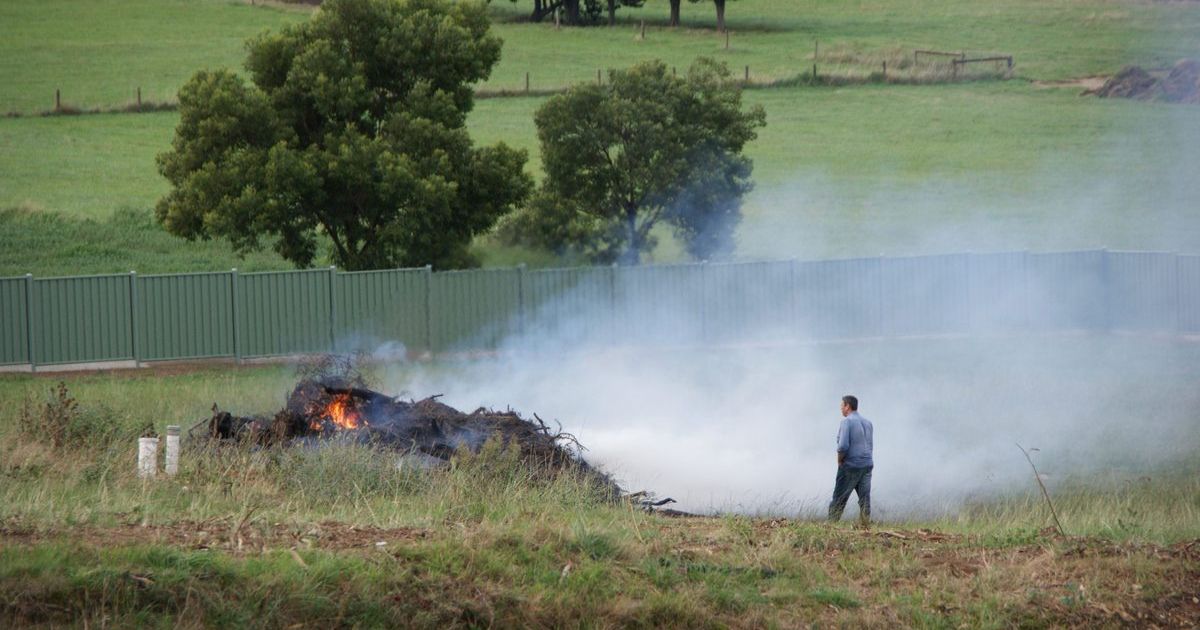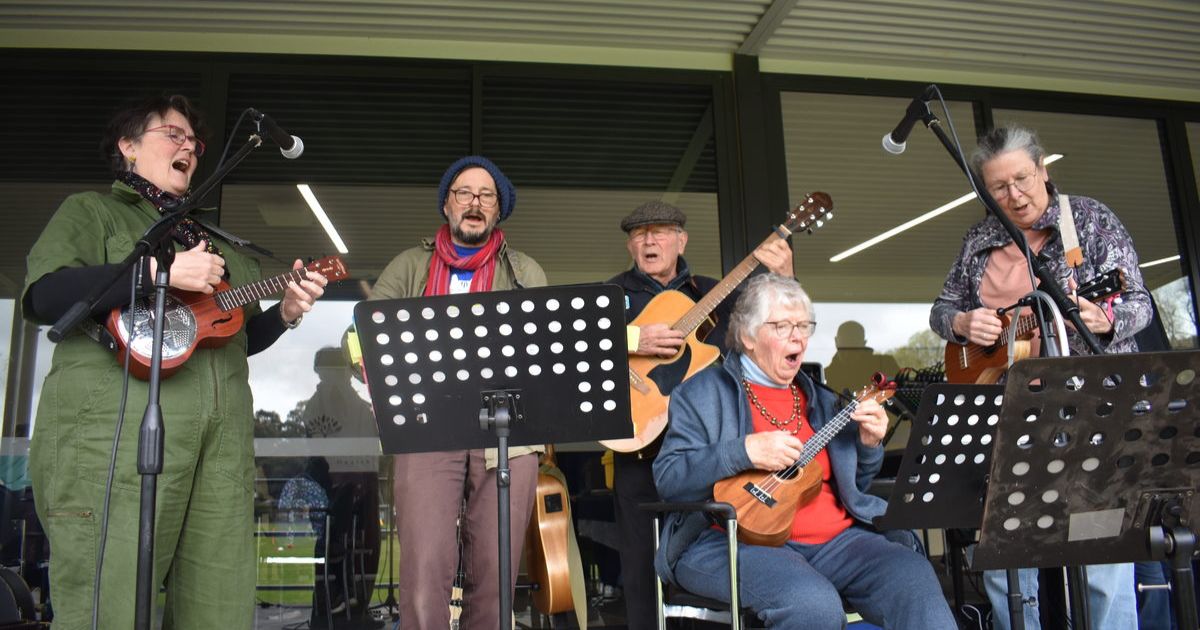Day aims to get kids out and walking

On the move: Young people across the region are being encouraged to develop healthy habits by walking to school. Photo: SUPPLIED
THE Pedestrian Council of Australia is encouraging families to leave the car at home and get to school safely on-foot this month.
National Walk Safely to School Day is set for next Friday, 19 May, and PCA CEO Harold Scruby said the initiative is about health, wellbeing, and good habits.
“This initiative raises awareness about pedestrian safety, teaching children safe walking practices, such as using pedestrian crossings, obeying traffic signals, and being aware of their surroundings,” he said.
“By participating in the event, children and parents become more conscious of safety measures, helping prevent accidents and injuries.
“Walking to school encourages physical activity, which helps prevent obesity, improve cardiovascular health, and increase overall fitness levels in children and adults alike.”
Mr Scruby said he expects participants will establish skills for life, like safe walking habits, develop an understanding of how to be safe near busy roads, and feel all the better for it.
“Regular physical activity, like walking, can contribute to improved mood, increased energy levels, and better overall wellbeing,” he said.
Walking to and from school is another way young people can socialise with friends or catch up with their loved ones.
“Walking to school provides an opportunity for children and parents to bond and socialise with peers and neighbours, creating a sense of connection and community.”
The PCA’s National Walk Safely to School Day may only run for one day per year, but Mr Scruby said council members want people to always be mindful of its message, even into adulthood as they become motorists and independent transport users.
“Walking to school regularly, children and parents continue to practise and reinforce safe walking habits, contributing to a safer community and reducing the risk of accidents,” he said.
“Developing and maintaining safe walking habits helps children become more independent and confident while navigating their environment, preparing them for future situations where they may need to walk or use public transportation.”

















